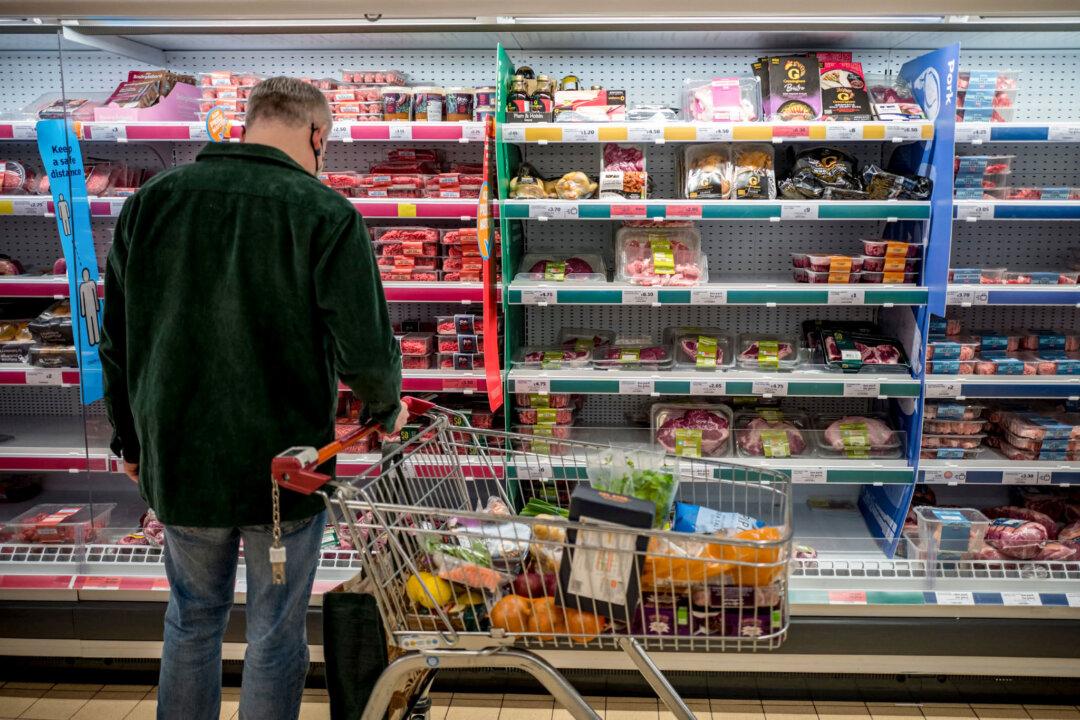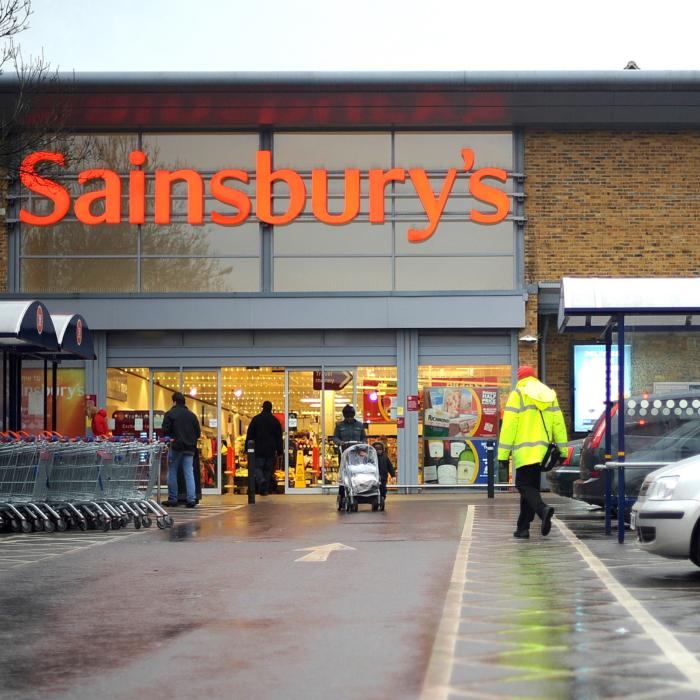Tax increases in the Autumn Budget could increase food and drink prices by up to 4.9 percent in 2025, a food and grocery market report suggests.
In July, new costs from changes to border operations will take effect, while the advanced Extended Producer Responsibility for Packaging initiative will drive up the costs of managing packaging waste from October.
The changes make up about a third of inflation pressure in 2025, with the remainder being underlying inflation, the report said. According to the forecast, food inflation will outpace inflation for other items next year.
Absorbing Costs
British supermarkets and retail and hospitality bosses have warned that tax changes in the Budget will push up prices, passing extra costs on to consumers.Reeves suggested that rather than lowering staff wages, businesses can “absorb” the employer NIC increases by accepting reduced profits or through efficiency gains.
Food Security
The food system supports 4.4 million jobs making it the largest private sector employer. The sector contributes 7 percent of GDP or £132 billion of gross value added, representing the largest manufacturing sector and accounting for over £24 billion of exports.The IGD report highlighted the impact of geopolitical shifts, including the COVID-19 pandemic and the war in Ukraine, on trade security and resilience.
“If a shock event were to happen, worsening the landscape for UK food, the impact would be off a higher starting point, making any potential risk worse. Cost drivers are leaving the UK food system more exposed than before,” it said.
It found an increase in food insecurity among UK households, with the proportion of food-secure households dropping from 92 to 90 percent in the financial year ending in 2023.
Commenting on the findings, the Liberal Democrat environment and rural affairs spokesperson Tim Farron said, “These statistics are a stark reminder of just how important farming communities are to the rest of the country as producers of food and the stewards of our countryside.”
He said that both the Conservative and Labour governments have failed in their agricultural policies to incentivise the production of food, calling it “outrageous” and “foolish.”
The Budget included a policy change that limits inheritance tax relief for agricultural assets to £1 million, with any value above this threshold subject to a 20 percent tax rate, effective from April 2026.
However, the government maintains that the policy will affect only a small percentage of estates, asserting that it aims to address tax fairness and fund public services.
Downing Street has also committed to implementing measures aimed at bolstering food security. These include investing in sustainable agricultural practices, supporting local food production, and enhancing supply chain resilience.
Additionally, there is a focus on addressing household food insecurity through targeted social support programs.







